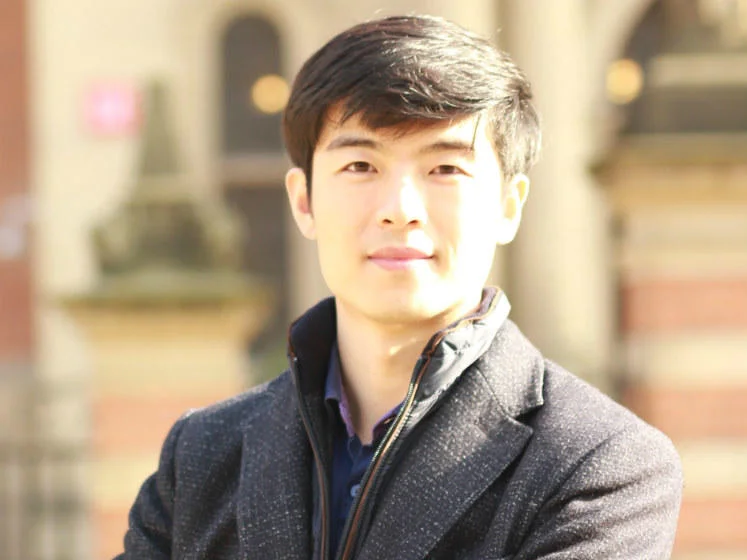Q&A with Cong Peng
Researching urban economics and policy
Cong is a PhD candidate in the Department of Geography and Environment
Researching policies that contribute to sufficient public service provision, clean air and smooth traffic flow could help millions of people in developing countries.

What are you currently researching?
Currently I have two strands of ongoing research. One looks at how different institutions effect the density of cities in Africa and the implications of this for public service provision in urban areas based on satellite images.
The other explores how innovations in transportation and e-commerce impact levels of pollution and congestion in Chinese cities.
I also spend some time collecting open source data from the web to look for interesting small projects.
What attracted you to this area of research?
I previously interned at a consulting firm and enjoyed the job of using econometric methods to solve problems in the real world. My current research topics bring that experience to a higher level.
Researching policies that contribute to sufficient public service provision, clean air and smooth traffic flow could help millions of people in developing countries.
The research projects also give me the time and passion to be skillful in programming and analysing large datasets. I highly enjoy the freedom that comes with reading big data and drawing insights from it.
How will your research improve or have a wider impact on society?
In some of my research, I have been trying to use fresh data to solve fresh problems, by connecting statistical methods and engineering skills in data science with traditional econometrics.
I believe that the integration of the two fields can augment the power of econometrics to understand causal relations, help shorten the research cycle, and even make informing policy in real time possible.
What do you hope to do career-wise, long term?
I like research and other data-related jobs. My ideal job would help bridge the worlds of econometrics and data science.
What are your top three tips to prospective students on the most effective way to approach research and keep stress levels down?
I would recommend building up a solid foundation in understanding causal inference methods. Being skilful in programming is also very helpful as it will allow you to approach your research topic in a prompt manner.
My last tip is to read with your peers. In my department, we have a weekly reading group so we can catch up with recent literature together.
To keep stress level down, I often take the opportunity to talk with friends and colleagues. Interesting ideas usually come out when you are relaxed. This will make research life much easier.
What resources are available at LSE to help young researchers?
LSE provides the opportunity to work side by side with world-renowned scholars in social science. You are supported and trusted to learn how to do research through participating and practicing.
There is also the provision of good infrastructure for researchers to carry out computer-intensive tasks and process large datasets, such as the High Performance Computing service.
What do you enjoy most about studying at LSE?
I enjoy LSE as a hub of social science with world class professors and dedicated peers.